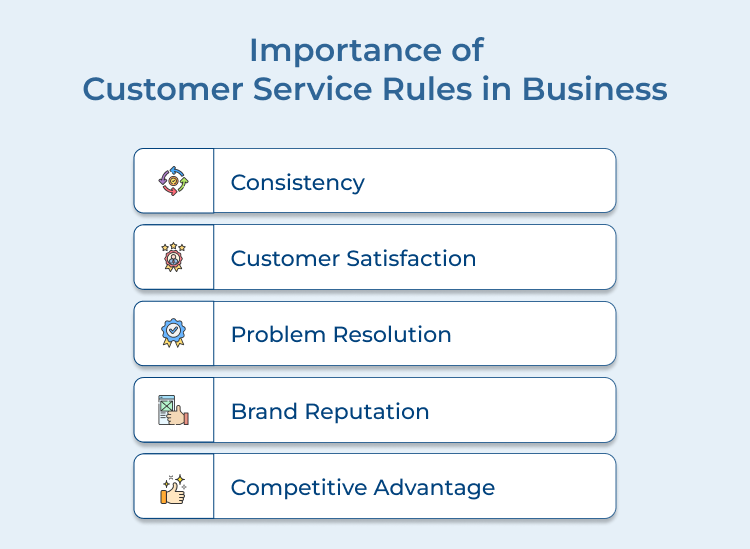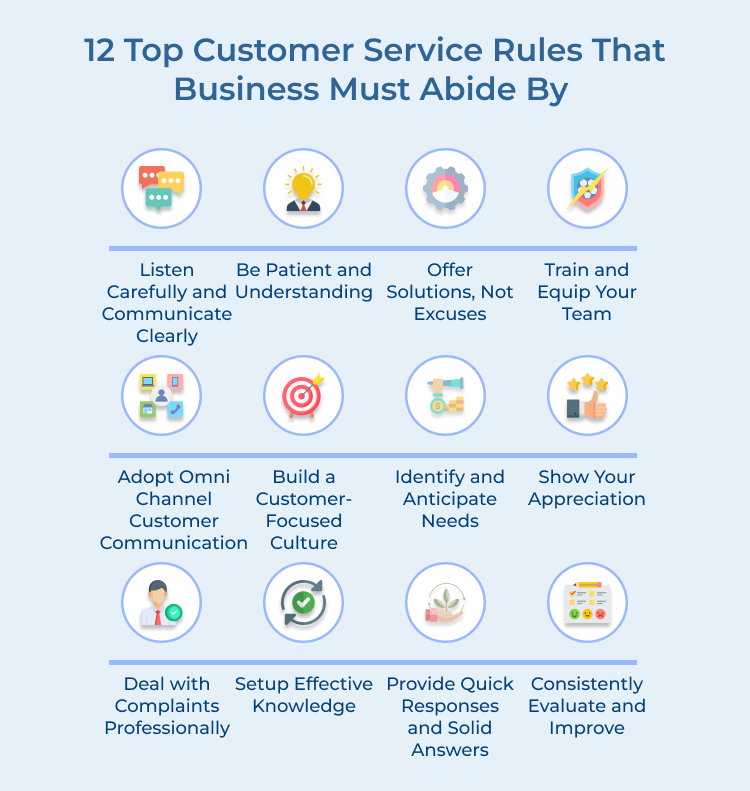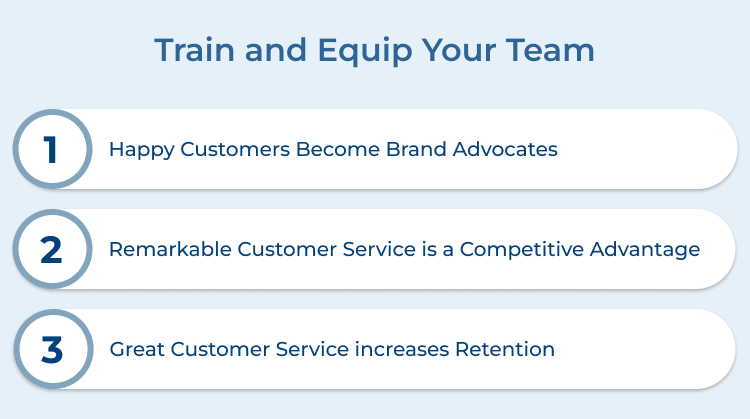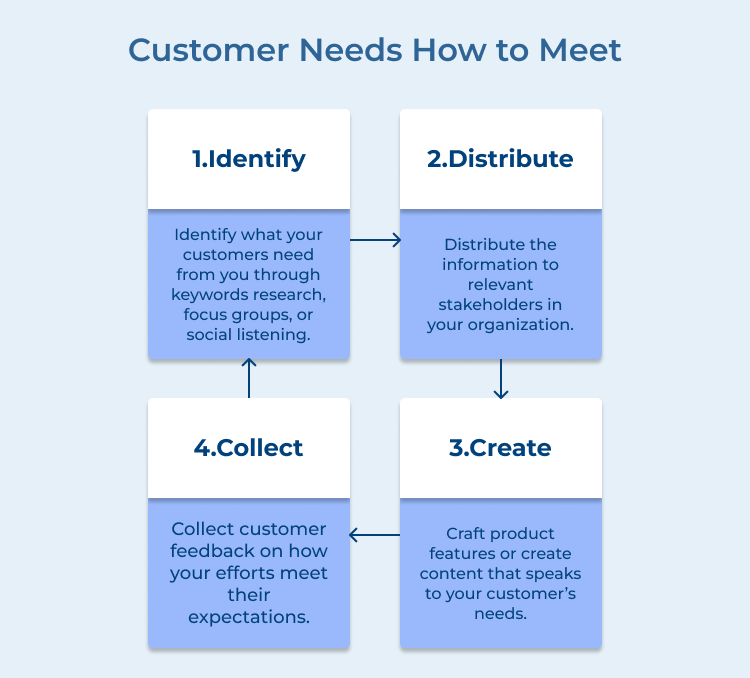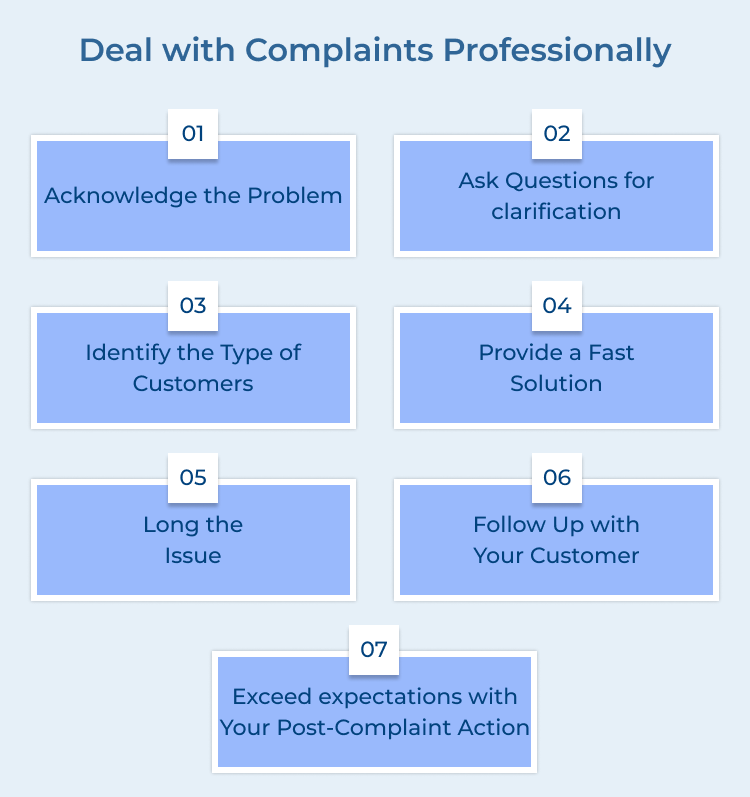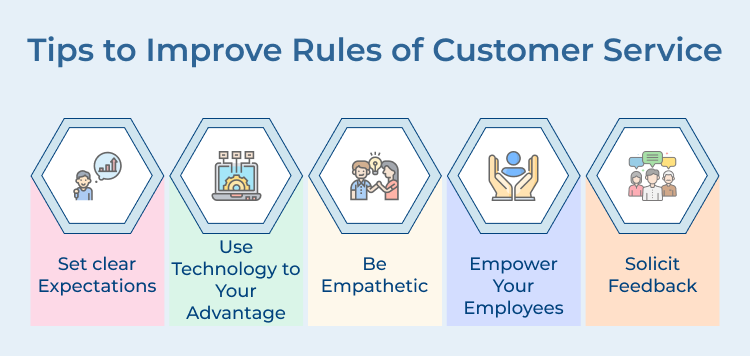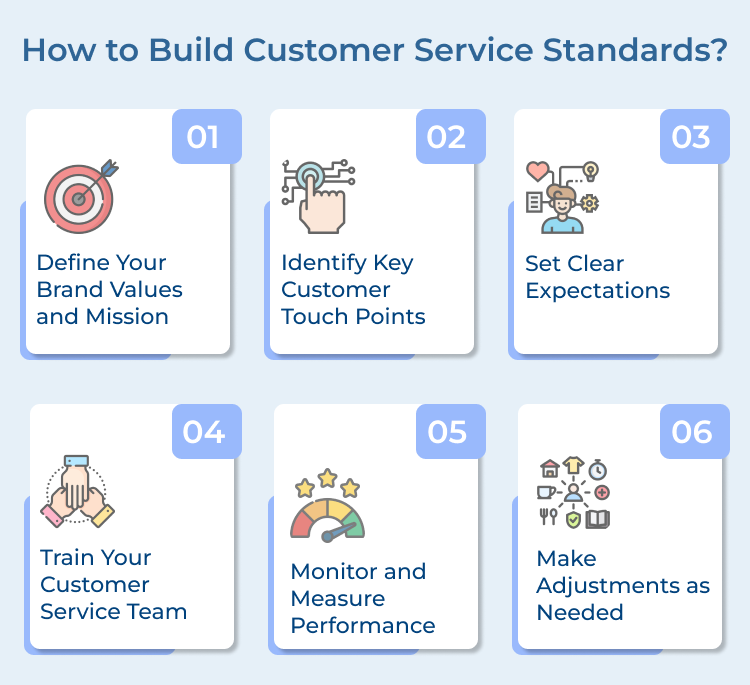1. Define Your Brand Values and Mission
Before you establish customer service standards, it is important to have a clear understanding of your brand values and mission. These should align with the type of customer service you want to provide. For example, if your brand values include transparency and integrity, then your customer service standards should reflect those values.
- Consistent messaging: When your team understands and embodies your brand values, they will be able to deliver a consistent message to customers at every touch point.
- Differentiates your business: Having a clear brand identity sets you apart from competitors and helps customers connect with your company on a deeper level.
2. Identify Key Customer Touch Points
Analyze the various touchpoints where customers interact with your business, such as in-person, online, over the phone, or through social media. By identifying these touchpoints, you can better learn where customer service standards are needed and how they should be implemented.
- Increases efficiency: A clear understanding of where customers interact with your business helps in streamlining processes to ensure a seamless experience.
- Improves customer experience: Identifying key customer touch points can focus on providing exceptional service at those specific points in the customer journey.
3. Set Clear Expectations
When you are aware of your key aspects, it becomes easy to set clear expectations for your customer service team. It includes defining how quickly inquiries should be responded to, how issues should be resolved and what tone of voice should be used when communicating with customers.
- Improves accountability: Clear expectations create a framework for measuring performance and holding team members accountable for their actions.
- Enhances communication: Setting clear expectations builds open communication within your team, leading to better collaboration and better customer service.
4. Train Your Customer Service Team
Training is to ensure that your customer service team is equipped to meet your standards. Provide training on your brand values, communication skills, problem-solving techniques and any specific policies or procedures that are relevant to customer service.
- Boosts confidence: Proper training instills confidence in team members, allowing them to handle customer interactions with professionalism.
- Increases employee satisfaction: Investing in training shows your team that you value their development, leading to higher employee satisfaction.
5. Monitor Performance
In order to ensure that your customer service standards are being met, monitor and measure performance on a regular basis. It includes tracking response times, customer satisfaction scores, along with customer complaints or feedback received.
- Identifies areas for improvement: Monitoring performance allows you to identify areas where customer service standards may be falling short and make necessary adjustments.
- Ensures consistency: Measuring performance ensures that customer service standards are being upheld consistently across all interactions.
6. Make Adjustments as Needed
Customer service standards should not be set in stone. As your business evolves and customer preferences change, it should be regularly reviewed as well as adjusted with your benchmark. It may involve gathering feedback from customers, analyzing performance data and staying up-to-date on industry best practices.
- Drives Innovation: A willingness to make adjustments shows that your company is committed to continuous innovation in customer service.
- Improves Efficiency: Making adjustments based on feedback and data can streamline processes while making your team more efficient.
Examples of Customer Service Rules
Some companies go above and beyond in their customer service efforts by implementing unique rules that set them apart from their competitors. Here are some real-life examples of companies with exceptional customer service rules:
Trader Joe’s
Trader Joe’s is a grocery store chain known for its customer-centric approach. One of the company’s customer service rules is to never take themselves too seriously. Employees are encouraged to dress up in costumes, dance in the aisles and engage with customers in a fun way, creating a unique as well as enjoyable shopping experience.
Rackspace
Rackspace is a web hosting company that prioritizes customer service above all else. One of their unique customer service rules is the “Fanatical Support” mantra, which means going above and beyond to meet customer needs. The commitment to exceptional service has earned Rackspace a loyal customer base and helped them stand out in a crowded industry.
Nordstrom
Nordstrom is known for its exceptional customer service, including its generous return policy. One of their unique rules is the “no questions asked” return policy, which allows customers to return items without a receipt or time limit. The policy builds trust with customers and ensures that their shopping experience is hassle-free.
Leverage Customer Service Rule to Treat Your Customers Well
In conclusion, treating your customers well is essential in building strong relationships and creating loyal customers. Leveraging customer service rules like listening to their needs, being responsive and providing solutions to their problems, you can improve customer satisfaction as well as drive business success.
Remember, happy customers are more likely to recommend your business to others and continue to support your brand. So, make sure to prioritize excellent customer service in your business practices to retain customers, increase sales and build a positive reputation in the marketplace.

